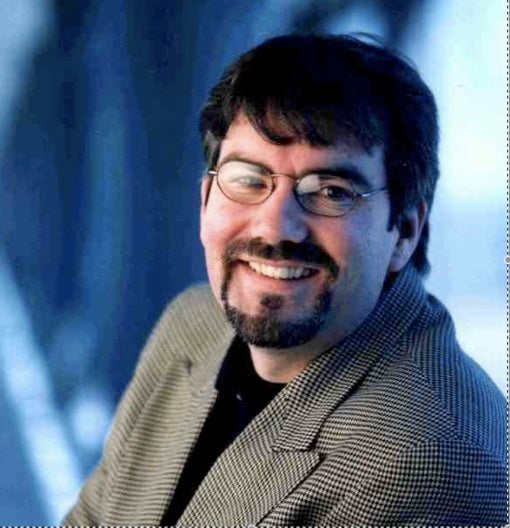
Tony O'Driscoll Ed.D. is a Professor of the Practice at Duke University’s Fuqua School of Business where he also serves as Executive Director of Fuqua’s Center for IT and Media; a research center dedicated to understanding the strategic, structural, operational and business model issues associated with these vibrant and volatile sectors. His research has been published in leading academic journals such as Management Information Sciences Quarterly, the Journal of Management Information Systems, and the Journal of Product Innovation Management. He has also written for respected professional journals such as Harvard Business Review, Strategy and Business, Supply Chain Management Review and Chief Learning Officer Magazine. Tony was a founding member of IBM Global Service’s Strategy and Change consulting practice. In that role, he consulted with business leaders around the world on how to best leverage technology to create sustainable competitive advantage in an increasingly global, networked and knowledge-enabled economy.

Authored Comments
Jim,
What a great resource and what better way to promote the "Open Source Way" than to build a community that can share insights and experiences on how this approach can add value beyond the realm of software development!